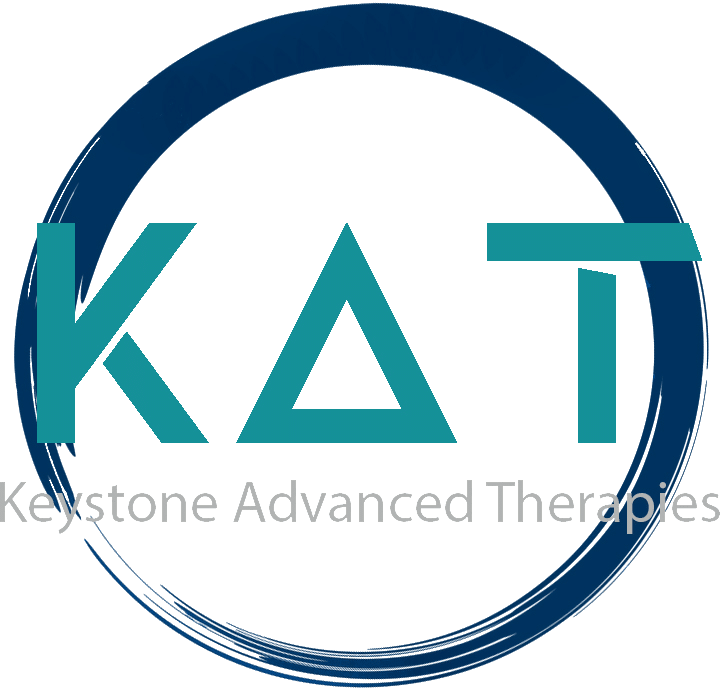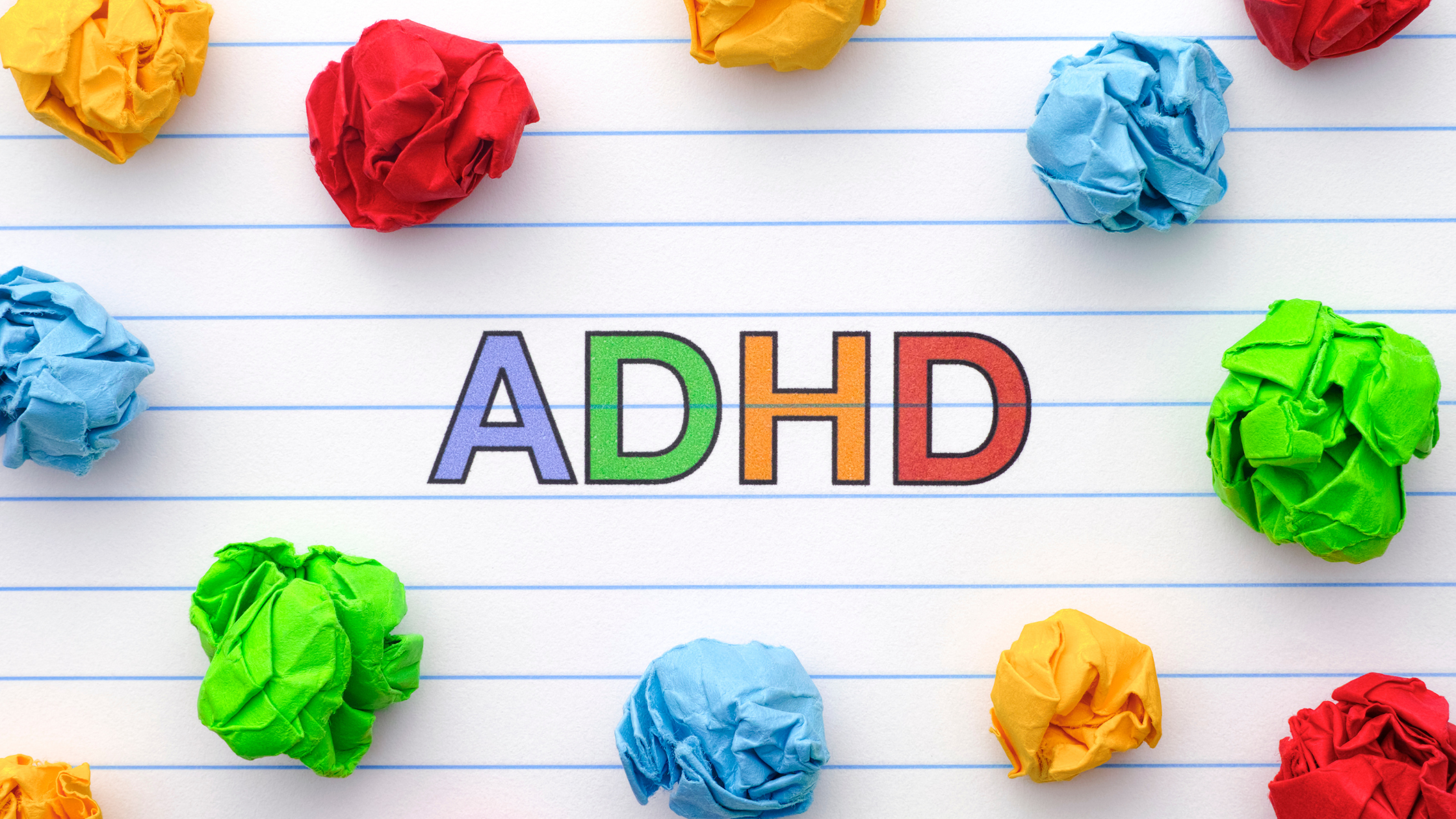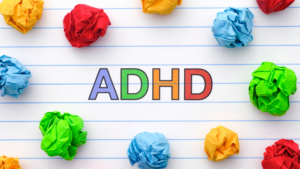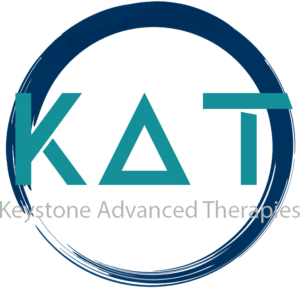When it comes to attention deficit hyperactivity disorder (ADHD), there’s no shortage of myths. One of the most common myths is that ADHD affects only children, and the second most common myth is that the main symptom is hyperactivity.
The truth, however, is that ADHD can affect children, teens, and adults, and symptoms can be related to hyperactivity and/or inattention.
If you’re an adult experiencing ADHD symptoms, you might wonder if it’s too late to receive an ADHD diagnosis. While many people receive an ADHD diagnosis as a child, it’s not uncommon for adults to seek diagnosis once they start to realize their symptoms are possibly connected to ADHD.
Dr. Scot DePue at Keystone Advanced Ketamine Therapy diagnoses and treats adult ADHD here in our West Lawn, Pennsylvania, office. Below, Dr. DePue zeros in on the top five signs of adult ADHD and how it’s treated.
ADHD AND EXECUTIVE FUNCTION
ADHD is a neurodevelopmental disorder that impacts your executive function skills. Your executive function skills 一 sometimes dubbed the “CEO of your brain” 一 include time management, organization, task initiation, and emotion regulation. Because of this, adults with ADHD may notice the following signs:
1. TROUBLE GETTING ORGANIZED
Getting organized is more than just keeping a tidy desk. Organization impacts many areas of your life, including home and work. If you struggle with organization, it can manifest as:
- Poor time management skills
- Poor project management skills
- Trouble staying on top of bills and mail
- Feeling inadequately prepared for vacations
- Failure to prioritize tasks in the right order
- Lack of awareness
- Lack of clear direction
- Always being late for work or social events
Struggling with organization can also apply to your thoughts. You might describe your thoughts as chaotic or jumbled.
2. POOR LISTENING SKILLS
Did you forget to pick up the dry cleaning on the way home from soccer practice 一 even though your partner reminded you? Did you zone out during the meeting at work and now have no idea where to start your project?
Inattention (a common symptom of ADHD) can lead to poor listening skills. Poor listening can impact career performance, academic performance, and relationships.
3. RELATIONSHIP ISSUES
Even if you didn’t intentionally ignore your partner, ADHD obstacles can affect your relationship, especially if your partner feels unheard. For example, you might struggle with attention and listening, but if your partner takes it personally, it could cause issues.
Other issues can arise if your friends or family simply don’t understand what ADHD is or how it can manifest. Or, you might become irritated if a partner constantly reminds you to do something.
If you find that untreated ADHD is starting to affect your relationships, consider seeking ADHD treatment, joining a support group, trying therapy for you and your partner, and encouraging your friends or family to learn more about ADHD as you progress on your journey.
4. TASK INITIATION
Do you have one great idea after another but struggle to actually start the project? Task initiation is the ability to start tasks, and for many adults with ADHD, task initiation can be a real problem, especially if it’s an unpleasant task like paying bills or starting a difficult project at work.
5. EMOTIONAL DYSREGULATION
Trouble with your executive function can also lead to emotional dysregulation. You might feel as if you have no control of your emotions, or you might notice that you struggle with big reactions after small triggers. For some, the emotional outburst fades as quickly as it appeared.
TREATING ADULT ADHD
Although untreated ADHD can stir up chaos in your life, the good news is that ADHD is treatable, and with the right treatment, you can thrive at work and at home. The gold standard of ADHD treatment is therapy (to help you develop structure and strengthen your executive function skills) and medication (to help you focus).
In addition to therapy and medication, many adults with ADHD benefit from lifestyle modifications such as regular exercise, a good sleep routine, and eating a balanced diet.
If you have ADHD and another condition, such as anxiety or depression, Dr. DePue addresses those conditions as well. It’s not uncommon for ADHD and anxiety or depression to occur at the same time. These are called comorbidities.
Should you need additional assistance treating these conditions, Dr. DePue may suggest ketamine infusion treatment.
If you suspect that you have untreated adult ADHD, don’t let it hold you back any longer. You can reach Dr. DePue by calling our office at 610-334-8131 today or requesting an appointment online 24/7.














